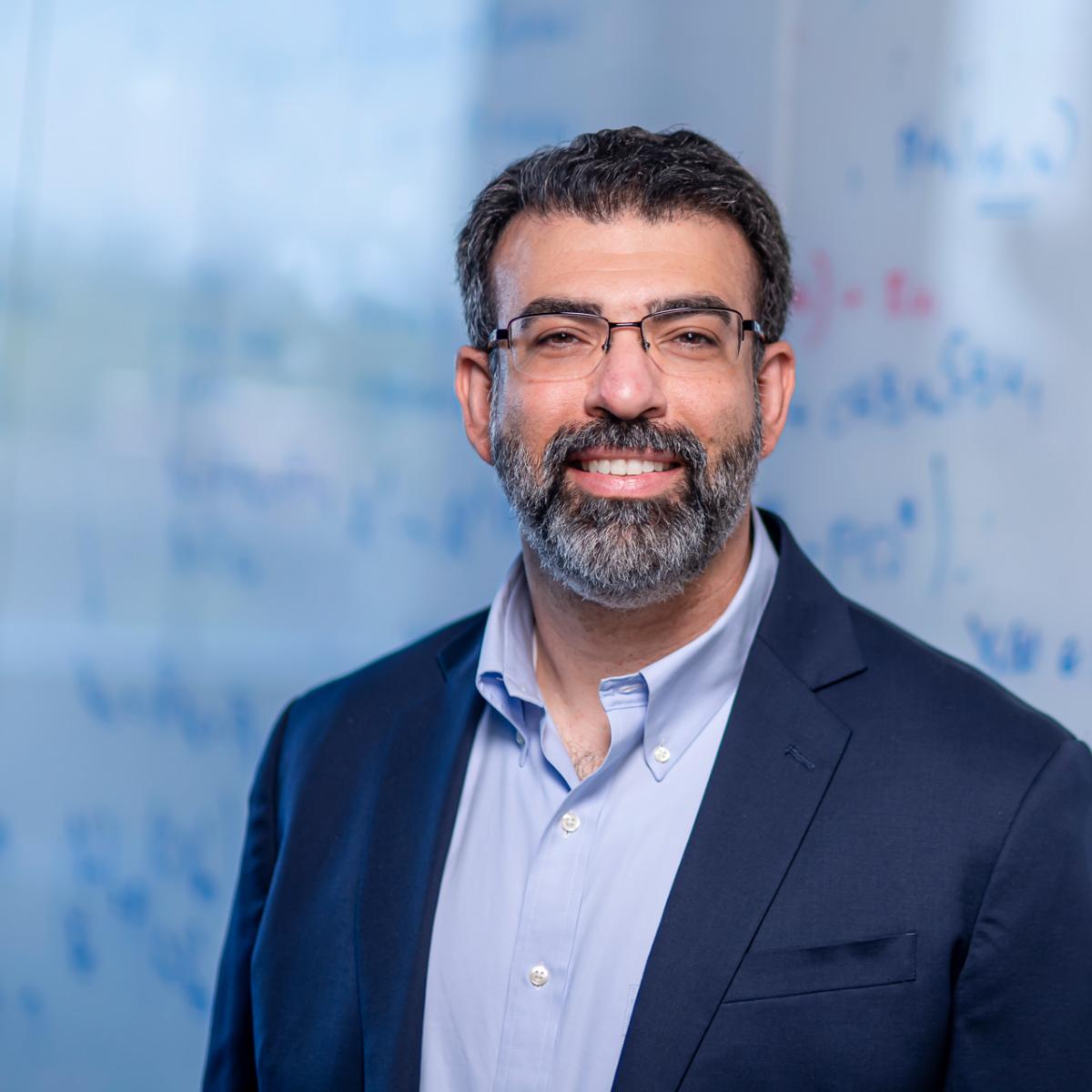
Brain networks of emotion regulation in child mental health
Karim Ibrahim’s translational neuroscience research focuses on circuit mechanisms underlying emotion regulation impairments in child and adolescent mental health. His research merges approaches spanning network neuroscience/connectomics, predictive modeling (machine learning), and big data analytics to develop robust and reliable brain biomarkers. Additional goals of Ibrahim’s research are to advance understanding of sex and gender differences in large-scale networks involved in emotion regulation difficulties in child mental health and the development of validated brain biomarkers to inform targeted interventions, which are motivated by experimental therapeutics. Along these lines, another aspect of his research examines neural mechanisms following treatment response, particularly cognitive-behavioral interventions. Ibrahim’s research furthers the mission of the Wu Tsai Institute to advance discoveries related to human cognition, neural plasticity, and mental health through bridging applications of basic and translational multimodal imaging to patient-oriented research that can inform clinical treatments for child mental health.
Methods
Topics
Biography
Karim Ibrahim trained as a neuroscientist and child clinical psychologist. He joined the Yale Child Study Center as a faculty in 2024 with a research lab and program focused on the translational neuroscience and brain networks of emotion regulation in child mental health. He completed postdoctoral fellowships at the Yale Child Study Center T32 research program in Translational Developmental Neuroscience and the Yale Center for Clinical Investigation TL-1 multidisciplinary research training program. Ibrahim also trained as a violinist and established the Senn String Quartet at the Yale Child Study Center.
